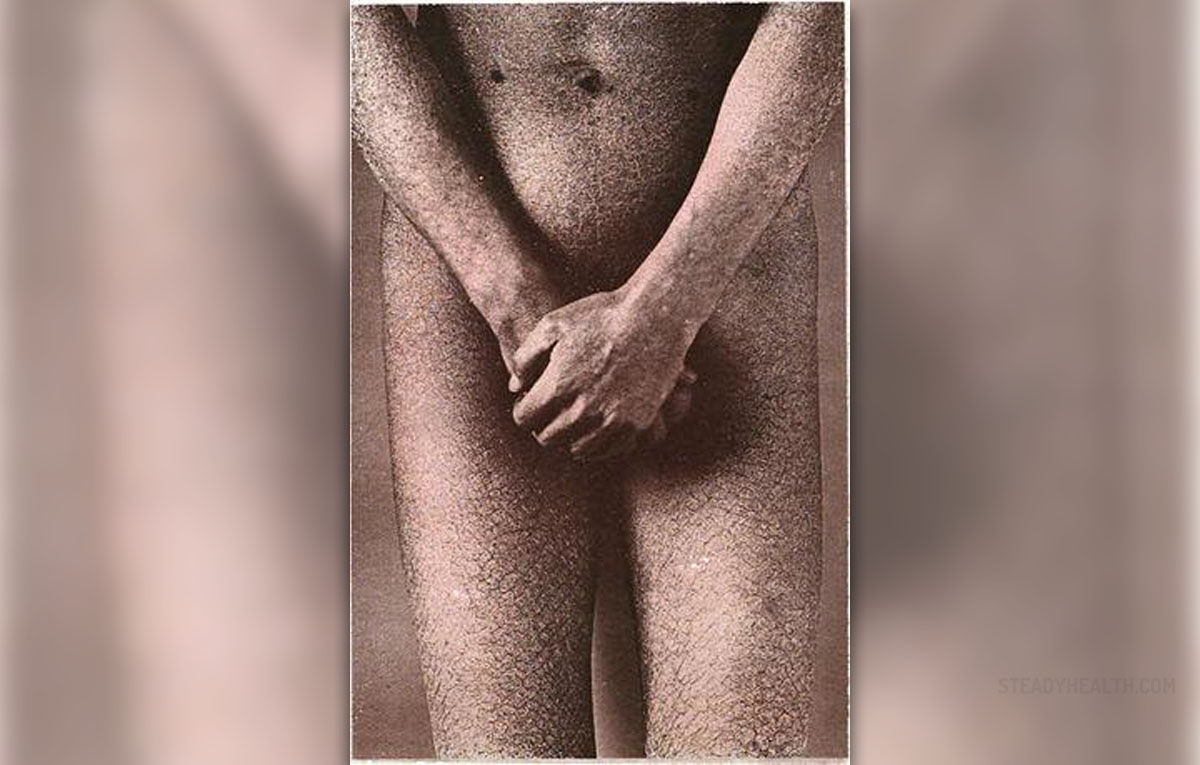
Ichthyosis vulgaris is a skin condition characterized by formation of scales due to accumulation of dead skin cells. This is a genetic disorder and the very damage to certain gene is to blame for excess of dead skin cell that instead of being removed from the surface of the body remain and form thick and unsightly scales. Even though scales may be present at birth, in certain number of patients characteristic skin changes appear during their childhood. It is also possible for the condition to improve significantly and cause no trouble for certain period of time and then return at some point of a patient's life.
Fortunately, the majority of cases of ichthyosis vulgaris are mild. The problem may arise from comorbidities such as other skin conditions (e.g. atopic dermatitis).
Symptoms
Symptoms and signs are practically limited to the skin and may vary a lot among patients. They are also of different intensity among family members affected by the disease.
The main characteristic of the condition is dry/scaly skin. The scales resemble tiles and are rather small, usually in polygon shapes. They vary in color and may be white, dirty gray or sometimes brown. The color of the scales is lighter in fair complexion people while in dark individuals it tends to be brown. Apart from scales the skin is additionally flaky. Skin thickening occurs as well. Since the skin is dry it is normal for patients to experience pruritus of different degree. And finally, some patients have to deal with deep, painful cracks affecting palms and soles. These cracks are reported in more severe cases of ichthyosis vulgaris.
The skin changes basically affect the legs although these may form all over the arms and hands or even spread to the middle part of the body. Many patients get used to itchy sensation and eventually overcome the issue of having the skin different from the rest of people they know. However, those with the most severe forms of ichthyosis vulgaris have to deal with the build up of scales everywhere and associated 'prickly itch' that develops as a consequence of inability to sweat due to the very presence of thick scales.
Associated Conditions
The majority of patients may deal with itchy sensation but they simple cannot control the problem related to sweating. Namely, apart from the above mentioned 'prickly itch', most individuals suffering from ichthyosis vulgaris have overheating issues.
These patients seem not to sweat sufficiently and this is why they feel so much better when living in a hot and humid climate, the one that allows them to sweat more. The more they sweat, the easier the scales are removed and 'prickly itch' becomes less intense.
Furthermore, such people frequently experience bloody cuts because of cracks that affect digits or extremities. Inflammation of the skin is associated with the feeling of tightness.
It is confirmed that air-conditioning as well as alcohol consumption may increase the accumulation of scales. Therefore, the mentioned is supposed to be avoided.
And finally, certain number of patients additionally develop other conditions such as eczema, allergies or even asthma, all of which may aggravate ichthyosis vulgaris. It is possible for such individuals to suffer from keratosis pilaris too.
What can You Do?
Because it is simply not possible to repair the defective gene responsible for the onset of ichthyosis vulgaris, the goal of the treatment is to alleviate all the unpleasant symptoms and help patients bring them under control.
Patients suffering from ichthyosis vulgaris may benefit a lot from using mild soaps that contain oils and fats. They are supposed to avoid deodorant and antibacterial soaps because these are considered harsh and may only make symptoms worse. After having a shower a person should apply a moisturizer or lubricating cream. The best products contain urea or propylene glycol. Another good option is petroleum jelly. Once it is applied the treated skin areas must be covered with plastic wrap which prevents staining nearby items.
As far as medications are concerned, doctors generally choose between alpha hydroxy acids and retinoids. Alpha hydroxy acids control scaling and they significantly improve the moisture of the affected skin. Retinoids are prescribed only in severe cases of ichthyosis vulgaris because of many adverse effects.
Finally, additional moisture is of great help in removal of scales. Therefore, patients are advised to use a portable home humidifier. They can also attach one to their furnace in order to achieve proper amount of moisture necessary for their skin condition.Relevant Data
Ichthyosis is a genetic condition inherited in an autosomal dominant fashion. This is actually the most commonly reported form of ichthyosis. Medical experts have confirmed that the condition affects 1 out of 250 people. It is important to mention another form of ichthyosis vulgaris, a non-heritable version known as acquired icthyosis. This is not a common condition and is never passed from parents to their child.
All those who find their skin condition difficult to cope with are recommended to join support groups or talk to a counselor.


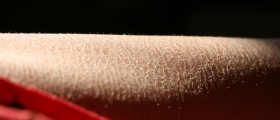


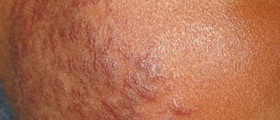


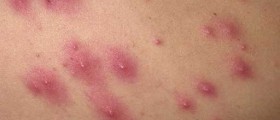

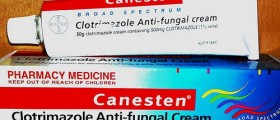


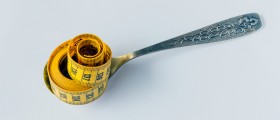
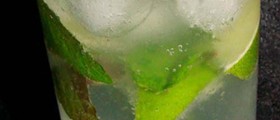


Your thoughts on this
Loading...